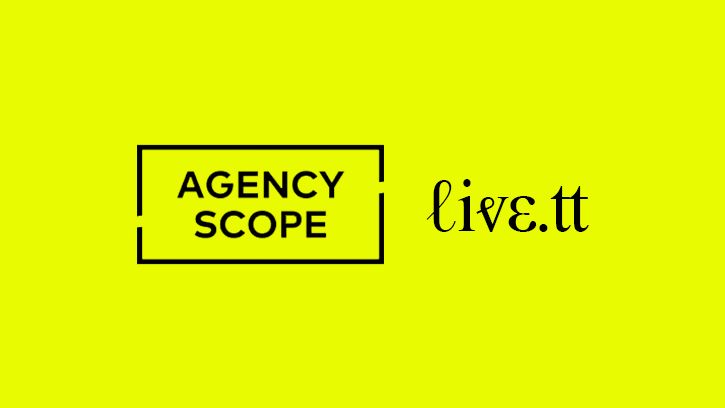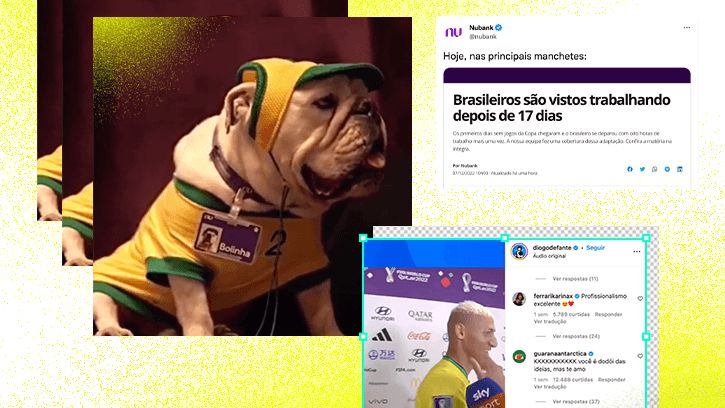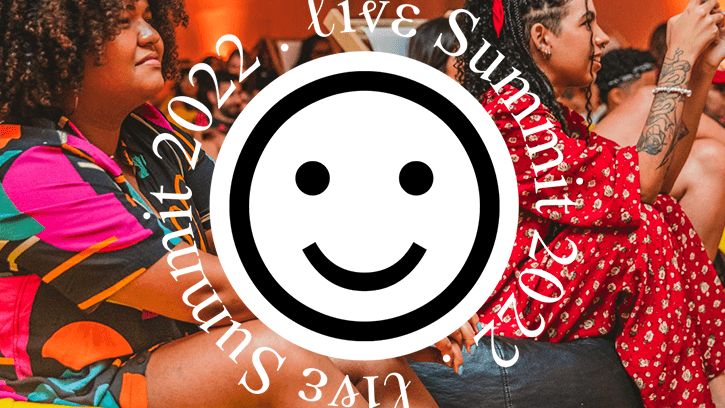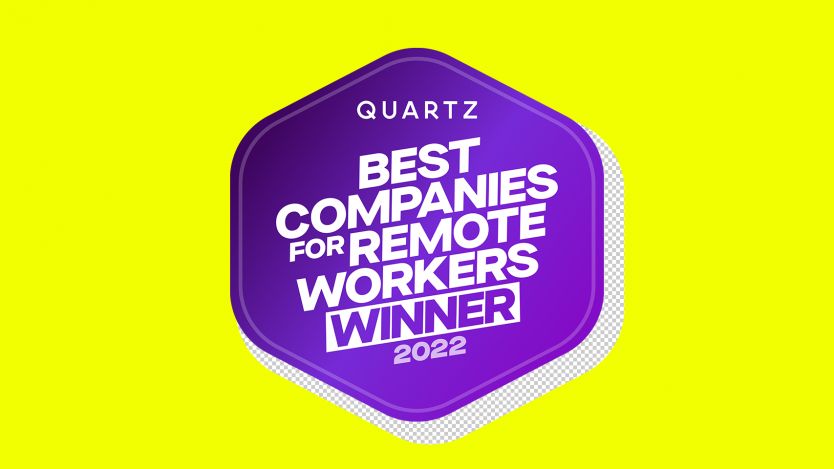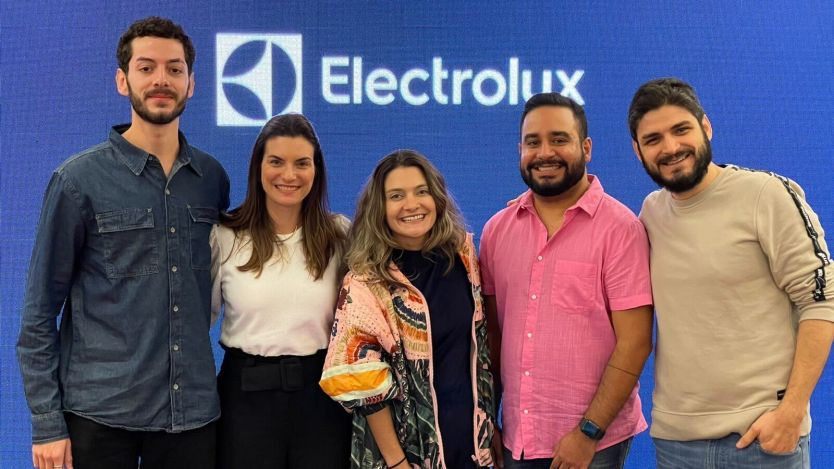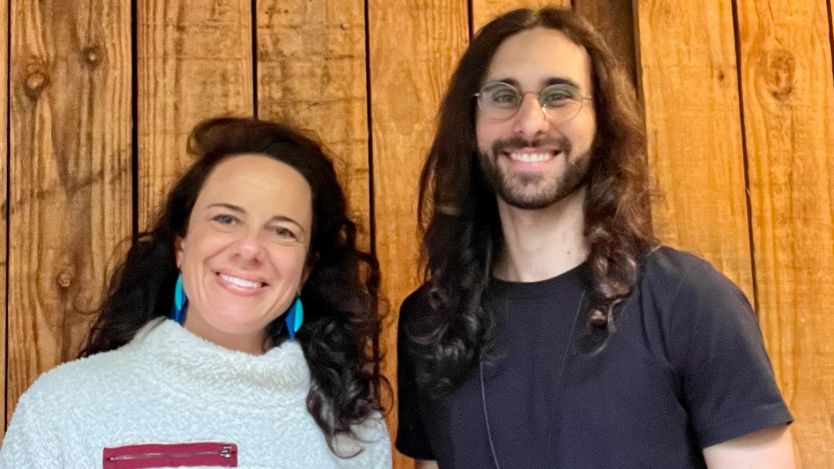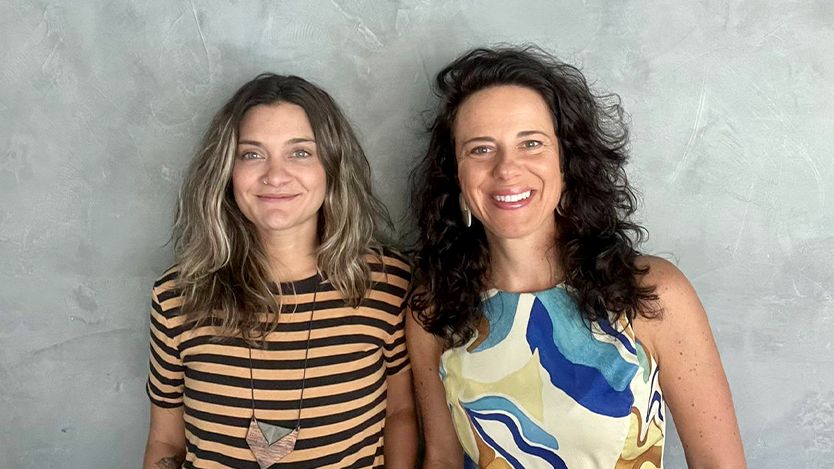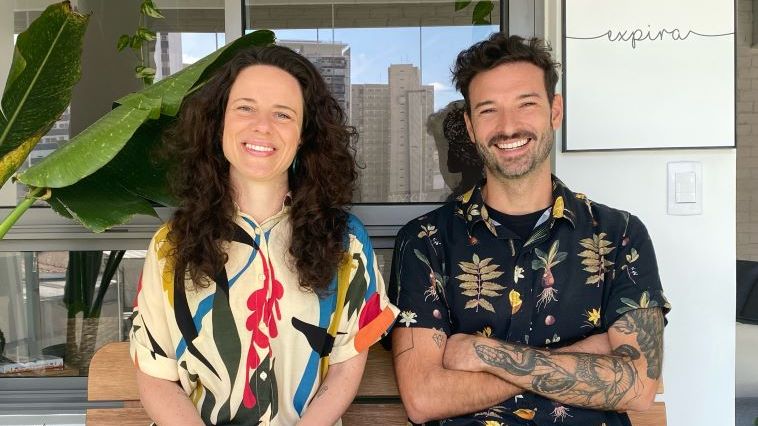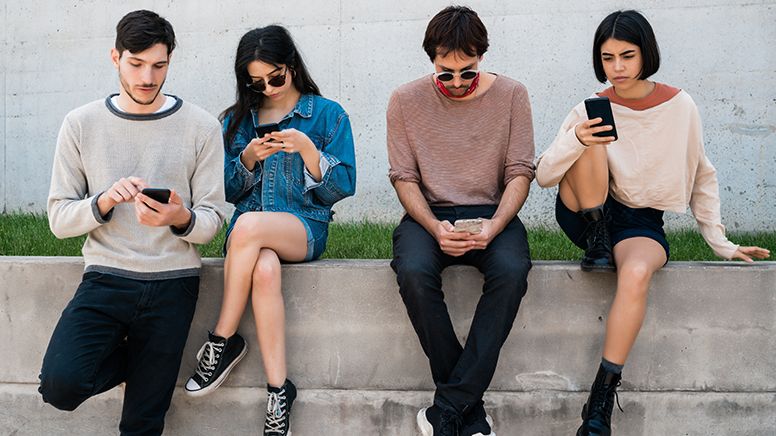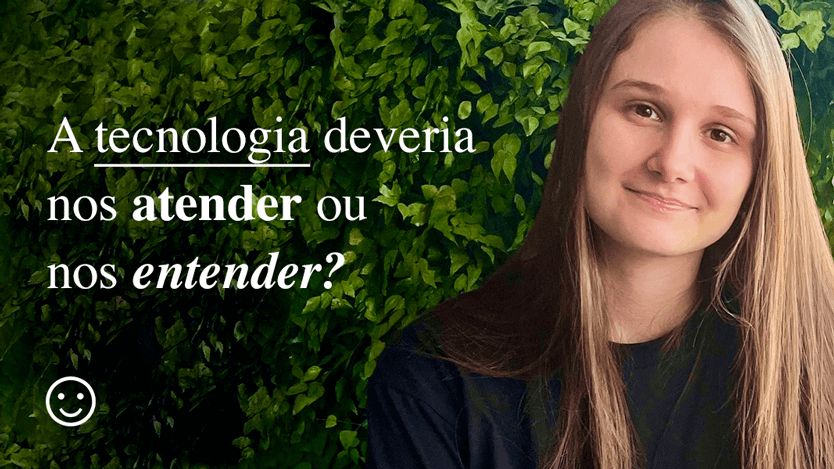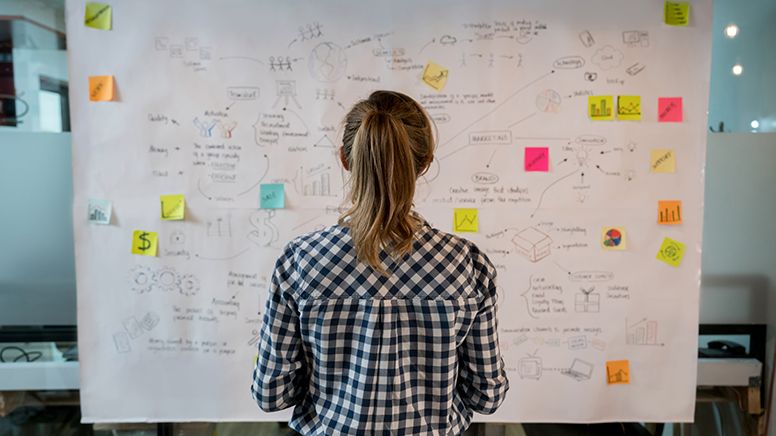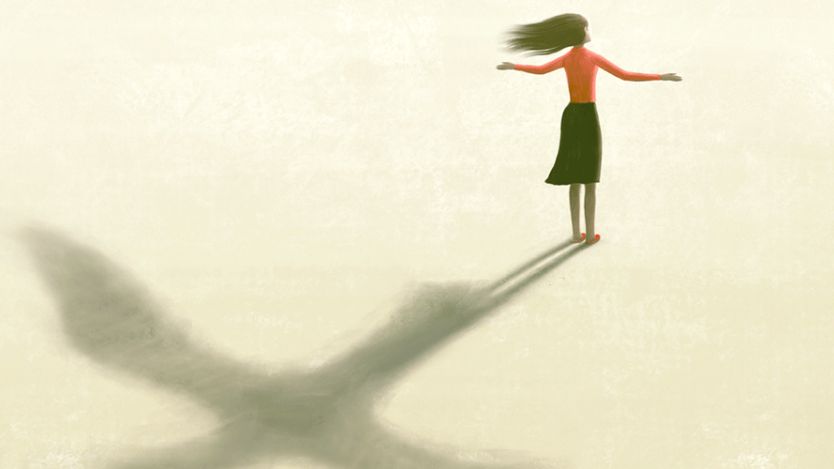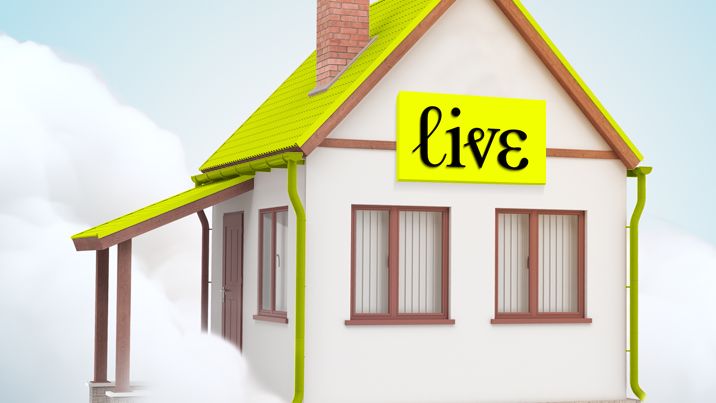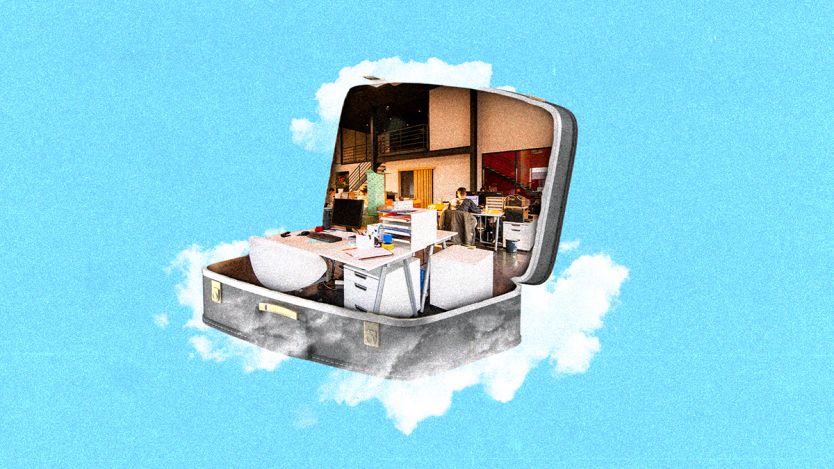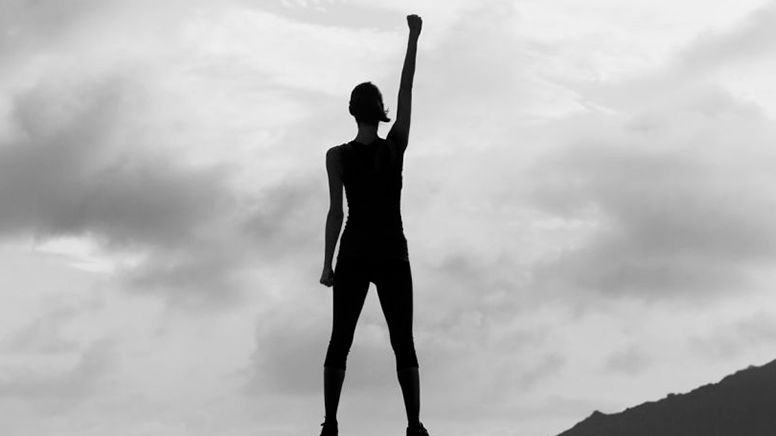"ℓiⱴε: an agency that migrated from coworking to the cloud," by Fast Company Brazil
by ℓiⱴε team
Jul 8th, 2021 » 5 min
Lucas Mello, founder and CEO of Live: the agency has existed in a big house in Pinheiros, coworking in Paulista, a café in Vila Madalena and joined, in August last year, the anywhere office.
Live, an independent creative agency, has been a field of experiments on new ways of working. In January 2019, the agency assumed remote work as a rule for the entire team.
More than a year before the pandemic, therefore. Until then, Live was in a WeWork, holding 120 work positions and also housing some small startups from its ecosystem. The move to that open space, only a year before, had already been bothering Lucas Mello, founder and CEO of the agency, who noticed a loss of the identity built between 2006 and 2018, when Live functioned in a big house in Pinheiros, in the West Zone of São Paulo.
It really hit him one day when he walked into the office and looked at those hundred and so people sitting side by side, almost all with giant headphones, not looking away, talking through email and text message.
"IN AUGUST LAST YEAR, LUCAS MADE A STATEMENT TO ALL EMPLOYEES, SAYING THAT FROM THAT MOMENT ON, THEY COULD LIVE IN ANY CITY IN THE WORLD. THE AGENCY WOULD NO LONGER REQUIRE THEM TO RETURN TO SÃO PAULO."
"I thought, 'This is not what I had in mind at all when I wanted to get everyone sitting together. I wanted everyone to be talking”, he says. "If people are going to be like that, let's radicalize it, and everyone go to their own place." Live left WeWork and opened a café in Vila Madalena, with meeting rooms and workshop rooms, which became its headquarters. People could go there when they wanted to interact with colleagues, have meetings with clients or have co-working sessions.
Naturally they started alternating work at home (about 80% of the time) and in that space. Then the pandemic came, the agency had to close this café and take on the anywhere office model.
In August last year, Lucas issued a notice to all employees, saying that from that moment on they could live in any city in the world. The agency would no longer require them to return to São Paulo.
"CULTURE STARTS FROM THE REAL PREMISE OF DIVERSITY. EACH PERSON COMES WITH A DIFFERENT ACCENT, FROM A DIFFERENT CITY, WITH DIFFERENT REFERENCES - LUCAS MELLO".
Many people went to live in the countryside. Others went to Rio de Janeiro. One person went to live in Bahia. And the agency started hiring people from all over Brazil. Today there are employees from Goiás, Bahia, Rio Grande do Sul, and Brasília, as well as people in New York and Amsterdam. Live has become something very close to what a cloud agency would be.
Live's Yellow Case, a suitcase with projection equipment, cameras, audio and internet that is a kind of mobile agency and can be carried to meetings with clients, when face-to-face routines are resumed (Credit: Disclosure)
Problem: a lot is lost when there are no meetings. The quantity and quality of these meetings need to be reformulated. When the encounters are daily, they become trivial. On the other hand, occasional encounters are very valuable for the formation and maintenance of a culture. "But you have to create a perfect setting for it to happen and get the best out of it," says Lucas. So, the agency is designing an evolution of this model for the post-pandemic, using references from technology companies that already work 100% remotely. Like Automatic, owner of WordPress. It will be a hybrid model, but without a fixed location. The proposal is to promote meetings in different places. Like offsites. Only there is no site. If this is done well, these meetings will determine the company's culture, innovation, and future planning.
"You end up having a different culture formation," notices Lucas. "The culture starts from the real premise of diversity. Each person comes with a different accent, from a different city, with different references." It's different from the formatting that usually happens in large organizations, in which people use the same jargons and dress the same way. What the agency is proposing is the opposite. When people start working remotely, often from home, they lose the social interaction with their colleagues. But they start to socialize more with their community. Their family. A good digital company management routine can allow the best of both worlds. Face-to-face meetings tend to be richer when each person comes from a different place.
INDEPENDENCE AS A BUSINESS OPPORTUNITY
Having the agency in the cloud talks well with internationalizing the agency and creating new business. In 2018, a process of expanding Live in New York began. Lucas lived there for a while, as did Karina Rehavia, director of international operations.
There, after seeing many agencies working around projects as opposed to fixed contracts, the market moving towards flexibility, and many good people leaving their companies to work as freelancers (or independent professionals, as Lucas prefers), Live started working with building a community of talents. At some point, Lucas and Karina realized that this community is a business.
"FOR THOSE WHO INVOICE IN DOLLARS, EUROS OR POUNDS, A PROFESSIONAL WHO IS PAID IN REAIS IS CHEAPER. JUST AS IMPORTANT, OR EVEN MORE IMPORTANT, IS THE FACT THAT BRAZILIANS, IN AREAS SUCH AS DESIGN, CREATION, AND TECHNOLOGY, ARE SEEN AS TOP-NOTCH PROFESSIONALS.
In February last year, the duo launched Ollo, a talent marketplace focused on Latin America. Especially in Brazilian professionals, but also Argentineans and Uruguayans. Ollo connects talent to companies, especially startups, that already have their internal teams and need, from time to time, an additional team for a while. Or medium-sized clients, who do not have the resources to hire a good agency but are able to assemble a team of professionals to work on a project basis. On the client side, the proposal is to remove friction, reduce search time, and increase the quality of hiring talent. The delivery of the professional takes up to 72 hours. On the talent side, Ollo takes care of all the bureaucratic hiring: negotiation, contracts, and billing.
Unlike other marketplace models, based on large databases of freelancers, in which the client dives in to fish for candidates, Ollo is a kind of concierge. "The client says what they need, we check with a curated community with a limited number of professionals, and present three options for choosing one," Lucas explains. No known downward price auction is allowed. With little more than a year of operation, Ollo already has more than 30 active clients. Half are Brazilian companies; half are foreign companies recruiting Brazilian professionals. There are clients in New York, Chicago, and England, for example.
"Our average professional remuneration is about ten times higher than the average of the freelance marketplace platforms in the market," notes Lucas. What most people are looking for is a team for a campaign, an acquisition strategy, or to redo the usability of a platform. These are more expensive professionals with a higher ticket.
Foreign exchange is an important factor to explain why foreign companies hire Brazilians. For those who invoice in dollars, euros, or pounds, a professional who is paid in reais is cheaper. Equally or more important is the fact that Brazilians, within areas such as design, creation, and technology, are seen as top-notch professionals. "Any large agency in New York, London or Amsterdam will certainly have a Brazilian in a management position within the creative, strategy or design department," says Lucas. "The overvaluation of these professionals and the devaluation of our currency make for an unbeatable offer."
"WHEN YOU BRING THE PLATFORM LOGIC TO THIS UNIVERSE OF PRIVILEGED PEOPLE, ACTING ONLINE, IT BECOMES POSSIBLE TO GIVE BODY TO THE GIG ECONOMY WITHOUT BRINGING ALONG THE PRECARIZATION OF WORK THAT APPEARS IN THE PHYSICAL WORLD"
These movements at Live and Ollo have the same backdrop, which is the appreciation of independence. The relative novelty of people being able to have more control over their time, their life, their decisions, without this implying giving up professional opportunities. "This is the world we are designing, within an extremely privileged segment of society that can work remotely and has a universal work language, such as programming, design, or creativity," says Lucas.
The idea that you need a signed wallet, a badge, an employer, a single job is on the decline at the top of the socioeconomic pyramid. When you bring the platform logic to this universe of privileged people, working online, it becomes possible to give body to the gig economy without bringing along the precarization of work that appears in the physical world, for example, with the iFood, Uber Eats, and Rappi delivery people. The freelancers in Ollo's orbit are people able to claim their rights, their working conditions.
Ollo has a control tool by which the professional receives automatic messages showing the status of the hired work. "When you reach 100%, we send a message saying: 'From now on, everything you work on must be charged separately,'" says Lucas. The goal is to create fair labor relations that generate well-being and generate quality. "Making the work relationship more precarious may give the client the feeling that he is getting along well, but he will pay the price at some point, in the lack of quality, in the lack of commitment, or in the wear and tear on the relationship itself," says Lucas.
CONNECTED, LOOKING AT THE WHOLE
Since the beginning of the pandemic, he lives in the region of Paraty. "Two thousand and twenty was the year I surfed the most in my life," he says. His house is part of a kind of community literally in the middle of the Atlantic Forest, about ten kilometers from the city center. It is a small condominium built by friends, who call it a village. "My routine is the same as I would have if I were in the city, only with a lot more to enjoy," says Lucas. "I always wake up very early, do my meditation and my physical activities. If there's a wave, I go surfing." At the beginning of the week, he looks at the forecast for the sea and tries to organize his schedule to free up his mornings on days with good waves. His house has a home office structure with internet connection and batteries to guarantee energy when there is a power outage in the region. "I can work with a lot of depth and, at the same time, with a lot of breathing."
"HE LOOKS AT THE FORECAST FOR THE SEA AND TRIES TO ORGANIZE HIS SCHEDULE SO AS TO FREE UP THE MORNINGS ON DAYS WITH GOOD WAVES. HIS HOUSE HAS A HOME OFFICE STRUCTURE WITH INTERNET CONNECTION AND BATTERIES TO GUARANTEE ENERGY WHEN THERE IS A POWER OUTAGE IN THE REGION".
In October 2020, Lucas began to miss the exchange of ideas he used to have in São Paulo, at lunches and dinners with clients and what he calls "interesting people". To solve this problem, he created a podcast, called 22000 pés, which is the altitude that some birds, like the Andean Condor, can reach, giving them a privileged view of the whole. For the bi-weekly episodes, Lucas invites clients, friends, and people he admires but doesn't know yet. Available on all platforms, 22000 pés recovers the conversations he had at those lunches and dinners, with the advantage of being able to listen to them again and share them with whoever is interested. The moral of this pandemic story? "To be isolated," says Lucas, "we need to be highly connected."
Another lesson, applicable for the post-pandemic future, is that if you can work in the middle of the Atlantic Forest, you can do the same anywhere in the world. It is the prototype of the anywhere office, which allows you to live wherever you want. Paraty will continue to be his base, but the digital nomad life is part of his plans. "I only make decisions today, whether work or financial, that serve to free me," says Lucas. "This is always the filter I apply now."
